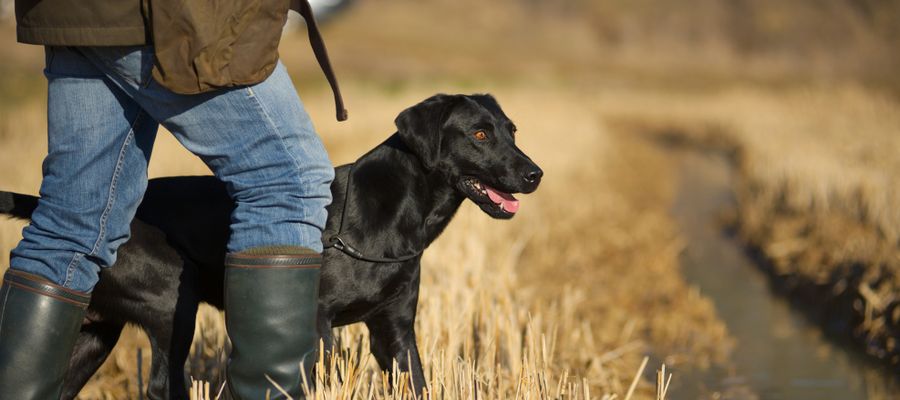Associated with imagines of tweed caps and waxed jackets or even Mellor the gamekeeper in DH Lawrence’s Lady Chatterley’s Lover which scandalised the world of publishing on its realise in 1928, gamekeeping is certainly one of the country’s oldest professions. Dating back to medieval times the role was to primarily protect the herds of deer that lived in royal hunting forests.
Historically, gamekeeping was an occupation that passed down from father to son, or uncle to nephew that provided on the job training and allowed tried and tested skills and techniques to survive from generation to generation. It was often perceived as a career that solely assisted those who wanted to kill wildlife for sport. However, this couldn’t be further from the truth. In the UK today, there are over 5,000 gamekeepers playing an important role in shaping the British countryside, through sympathetic land management.
The role of today’s gamekeeper has expanded considerably over the years and now includes looking after fields, hedgerows and woods; and all the wildlife thriving in it. Fishery and deer management as well as mechanical engineering, agriculture, forestry and livestock rearing are also a key part of the role. Not only is the role of the gamekeeper vital for creating a home for wildlife upon which to thrive, but the conservation work carried out as part of game and shoot management plays a crucial role in preserving the habitats and wildlife which are so important to Britain’s biodiversity.
Among the specific responsibilities of gamekeepers include the following:
Organisation of fishing parties and shooting events
Recruitment and supervision of staff
Record keeping of animals that are shot or caught
Arrangement of the sale of the game hunted
Training of gun dogs
Breeding of game birds
Protection of game from predators and poachers
Repair or replacement of equipment, game pens, buildings and guns
Dealing with both land and animal-related crimes
Basic knowledge and application of veterinary medicine
Basic agricultural practice
There are several routes into this profession. Many colleges offer Diplomas, National Diplomas and NVQ courses and land-based management degrees, which include gamekeeping. The Gamekeeping Vocation Qualification is a necessary step for anyone who wants to be a licensed gamekeeper.
Gamekeeping is not a career for the faint-hearted. It certainly can be tough, heavy work, especially in winter and the hours are often long. However, for anyone who is passionate about the British countryside, it is without a doubt an incredibly rewarding career.
Related Articles


